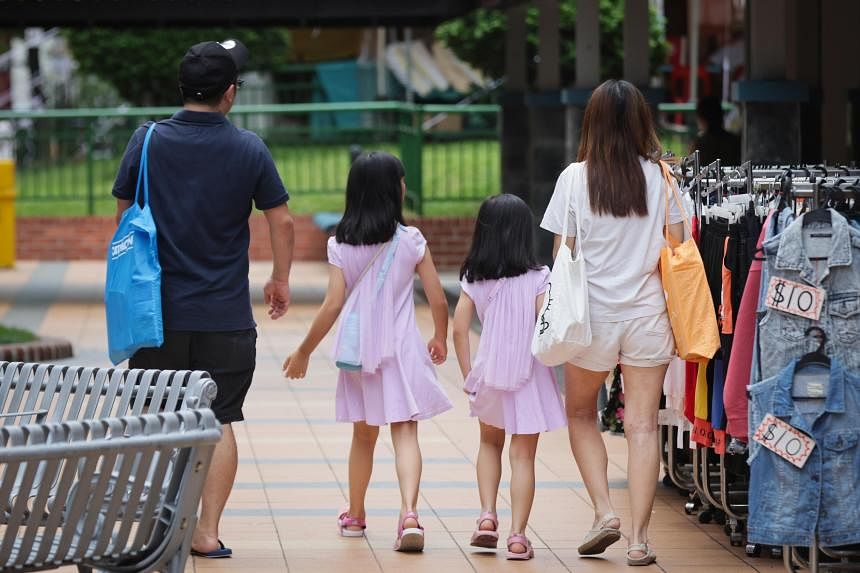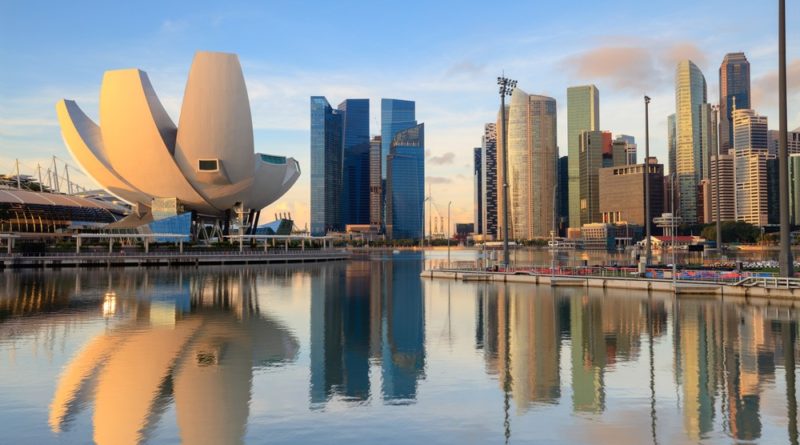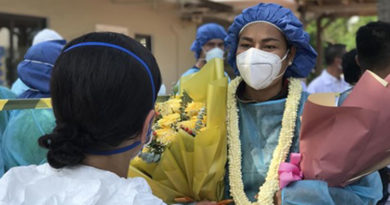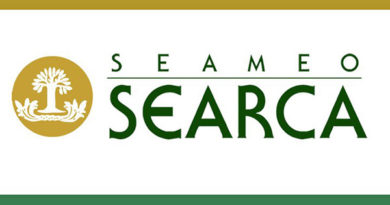ASEAN HEADLINE | 8 key findings on what S’pore residents deem essential and who should provide them

Items and activities that respondents saw as non-essential included extracurricular lessons for children. PHOTO: ST FILE
.

SINGAPORE – Two new studies on what people feel are essential needs for life in Singapore were presented at the SMU-DBS Foundation Symposium on Essential Household Needs in Singapore on July 12. Conducted by the Singapore Management University and the Institute of Policy Studies, the surveys shed light on what items and activities Singapore residents think are essential to life here, and who should provide them.
.
.
Ads by:

Here are eight highlights:
1. Household appliances and digital connectivity deemed most essential
The items which most respondents saw as essential included household appliances like refrigerators (100 per cent) and washing machines (96 per cent), as well as items related to digital connectivity, like smartphones with data plans (93 per cent) and home broadband plans (89 per cent).
2. Air-conditioning, dining out monthly at restaurants also viewed as essential
Higher-expenditure activities, such as dining out at restaurants at least once a month and an annual holiday to a South-east Asian country, were also seen as essential, albeit by a smaller proportion of respondents, at 62 per cent and 56 per cent respectively.
3. Private tuition and enrichment, staycations are non-essential
Fewer respondents saw as essential extracurricular lessons for children, such as private tuition (49 per cent) and private enrichment classes (30 per cent), domestic help (33 per cent), and social participation and leisure activities such as an annual staycation (27 per cent) and streaming services (38 per cent).
Those who earned less or lived in smaller home types were less likely to see these things as essential. The costlier option of private enrichment lessons was deemed essential by fewer respondents, as was private tuition (49 per cent) versus tuition provided by self-help groups (59 per cent).
3. Two-thirds of respondents did not experience any relative deprivation
Two-thirds of the respondents could afford all 40 items that were considered essential by at least half of the respondents. The remaining one-third, who could not afford one or more items deemed essential, lacked access to an average of four essential items.
The top three items with the highest relative deprivation rates were emergency savings – of six months of expenses (24 per cent) and three months of expenses (16 per cent) – and an annual holiday to a South-east Asian country (11 per cent).
5. Most believe that poverty is due to personal actions and circumstance
A majority of respondents believe people are poor because they face major issues in their lives (80 per cent) or spend money on inappropriate items (72 per cent). Conversely, fewer respondents agreed that poverty is due to external factors such as bad luck (22 per cent) or divine will (17 per cent).
6. Most feel leisure and social activities should be provided by oneself
Essential items that most felt should be the primary responsibility of individuals were those related to social participation and leisure, such as an annual holiday to a South-east Asian country and dining out at a restaurant once a month.
Most respondents felt that the community, relatives and businesses should play a larger role than the Government for household goods such as air-conditioning, and social participation activities, such as family bonding outside of home.
Ads by:

7. Most think the Government should help with basic necessities
Two-thirds of respondents felt that the Government should help those who cannot afford basic necessities such as three square meals a day and shelter. Over half also thought the Government should help Singapore residents with items related to healthcare, childcare and public transport.
In particular, more than half indicated that the Government should provide regular preventive health screening (57 per cent), health insurance to cover healthcare bills on top of national insurance schemes (57 per cent), and medicine prescribed by doctors (53 per cent).
8. Most preferred government spending to be reallocated rather than having people pay higher taxes
Six in 10 respondents preferred to reallocate government spending from other areas to fund the provision of essential items rather than fund them through paying higher taxes.
There was no clear consensus on which areas public spending should be reallocated from, but the top two areas proposed were the arts and culture (37 per cent) and sports (33 per cent).










